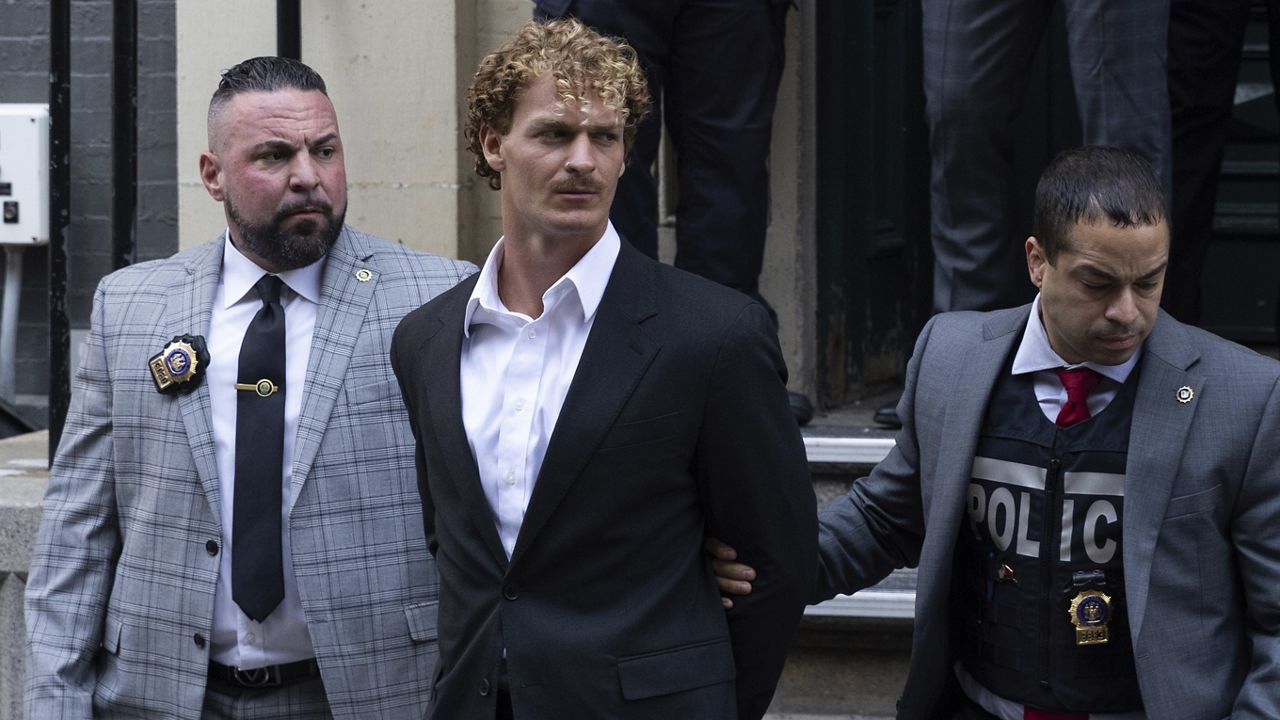"The idea had been growing in my brain for some time: TRUE force. All the king’s men cannot put it back together again.”—Travis Bickle in “Taxi Driver."
A brutal confrontation on a Manhattan subway car captivated and enraged the city, divided elected officials — including a waffling mayor — and left things in the hands of a jury. The life and death of Jordan Neely is a story that’s awfully familiar to tens of thousands of New Yorkers but it’s doubly familiar to New Yorkers of a certain age who remember Bernhard Goetz, who gunned down four teenagers who he said were about to mug him on the subway in 1984.
The shooting quickly made national news because of the dystopian “Death Wish” confrontation between Goetz, who was white and the son of immigrants, and the teens, who were Black and sons of The Bronx.
While a manhunt was underway for Goetz, Mayor Ed Koch was initially clear about the incident, telling New Yorkers: “Vigilantism will not be tolerated in this city. We will not permit people to take the law into their own hands.”
But after Goetz turned himself in and turned into a racial and cultural flash point, the mayor started to change his tune, saying the case may have been “self-defense” and asked audience members at mayoral events to raise their hands if they agreed with him.
In Neely’s case today, Mayor Eric Adams seems to be moving in the opposite direction of Koch, one of his favorite mayors.
“There are many layers to this,’’ Adams said initially about Neely, an emotionally disturbed Black homeless man who died after being placed in a chokehold by a white straphanger, Daniel Penny.
After some of the mayor’s fellow Democratic officials all but convicted Penny of murder, Adams last week devoted a speech to the fatal incident, saying Neely’s death was “a tragedy that never should have happened.”
Penny has since been indicted on manslaughter charges, and the details of what exactly happened in that subway car will be placed under a legal microscope.
Of the many lessons from the Goetz case for Adams comes one of political minimalism: less is more. Koch only muddied the waters when Goetz’s legal fate took a long and circuitous route. A grand jury initially didn’t indict him on murder charges; a second grand jury did. A jury then found Goetz innocent of all charges except for illegal weapons possession, but he then later lost a civil case to one of the men he shot.
None of this was made easier by a mayor who couldn’t help but speak his mind and had a reelection campaign looming over him in 1985.
In his book “Politics,” Koch later defended being vocal in the case, noting that he was urged by some not to speak about Goetz until it was settled in court. “That could take years,’’ Koch wrote. “That’s not leadership. That’s writing history.”
But leadership is also not asking for a plebiscite on someone’s fate and then taking a position. It would be smart for this mayor and other elected officials to urge New Yorkers to wait and see what happens in Penny’s trial before convicting or exonerating him. It’s a temptation that few politicians of any stripe will likely be able to resist. Maybe something worthwhile can be gained from Bernhard Goetz’s ride on the No. 2 train.



